With large-scale lockdowns and “shelter-in-place” orders in effect, there has never been a better time to check out the best of last year’s films (now available for streaming). Note that only the number one film is ranked.
1. Parasite
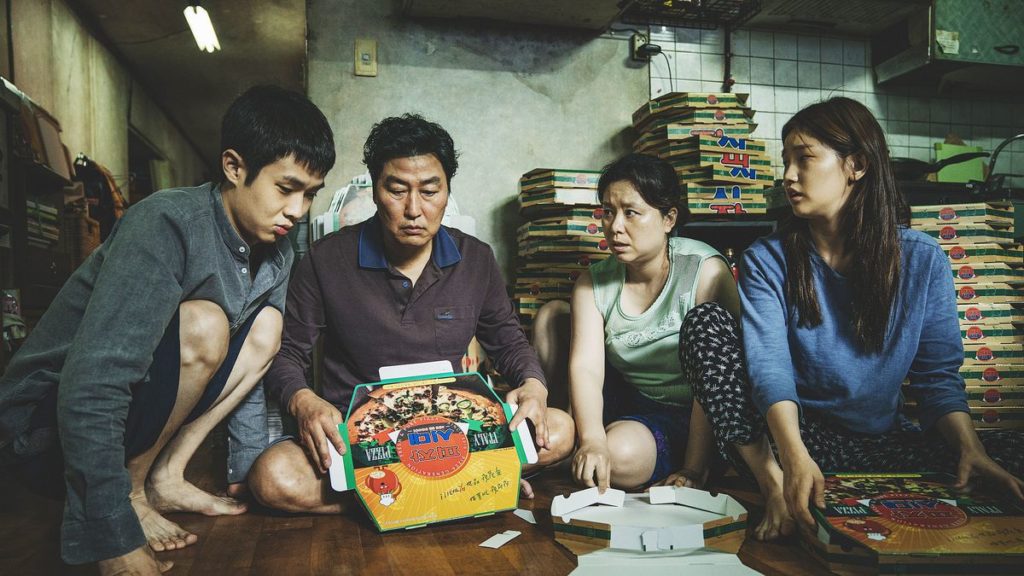
For once, the Academy got it right. Not only is Parasite this year’s Best Picture winner, it actually deserves the award. Bong Joon-ho crafted an intricate thriller that works on so many levels. He deftly balances the film’s tone as it moves from comedic heist movie to thriller while imbuing it with unclear morality. The class divide between the rich and poor families is always present, but neither side becomes a hero or a villain and, in its closing moments, the film leaves the audience with complex, uncomfortable thoughts on the outcomes of its characters and their culpability in creating their own fates.
Pain and Glory
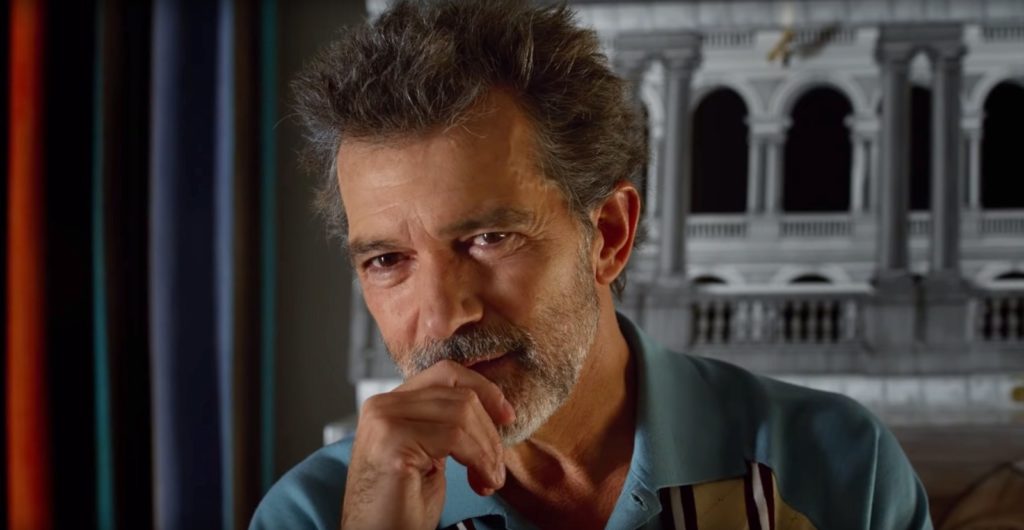
Director Pedro Almodóvar is no stranger to semi-autobiographical films, but Pain and Glory represents one of his most intimate works. Antonio Banderas stars as an aging director reminiscing on his life and loves. Banderas is stunning in a quiet, complex performance as he reconnects with an old partner and thinks back to his upbringing in a small Spanish village. The film is nostalgic, romantic, and vulnerable in a way few films this year have been. Despite its specificity, Almodóvar relates this personal tale to universal feelings of anxiety over the decisions we have made and the lives we have chosen.
One Cut of the Dead

Zombie movies, as a genre, are far past their expiration date, but One Cut of the Dead uses genre tropes for a comedy ultimately about resource-strapped filmmaking. The movie-within-a-movie setup works on its own, but is revisited with additional hilarious context as the story of a low-rate director making a zombie movie gone wrong is flipped on its head with the physical humor of a great screwball comedy and the anxious anticipation of a sports movie all wrapped up into one surprising treat.
Once Upon a Time in Hollywood

Quentin Tarantino has made his warmest, most mature movie yet. Reveling in his deep love of classic TV and cinema, but refraining from the worst of his fanboy tendencies, he has made lovable characters caught in a time of change. The story is unique in his catalog in that it has almost no action. It’s essentially a hangout film where we follow the daily lives of two Hollywood insiders as they appear to be at the end of their careers. Tarantino gets us invested in these soon-to-be has-beens using his signature dialogue and the unbeatable ensemble cast led by Brad Pitt and Leonardo DiCaprio to hold the audience until the film’s cathartic finale.
Little Women
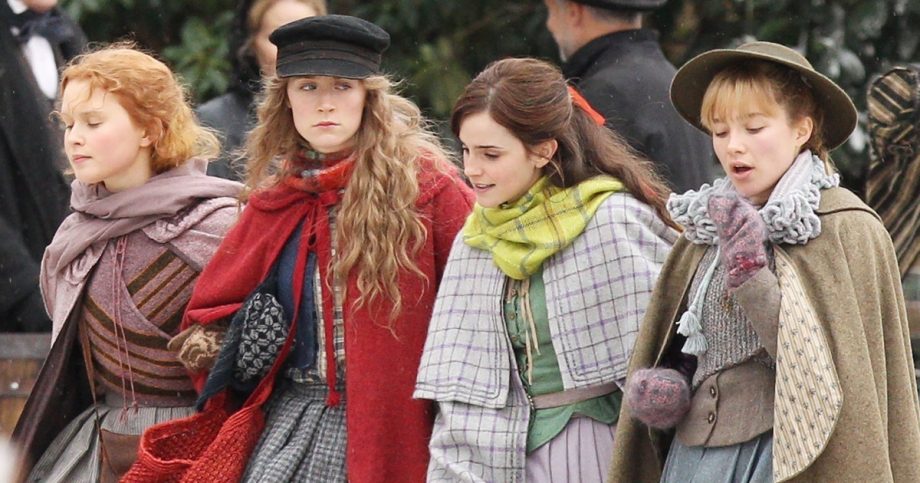
It may have been adapted several times before, but Greta Gerwig’s Little Women stands on its own . She uses a unique structure to not only adapt the classic novel, but to also pay tribute to its author’s life. Each of the March sisters is rendered in full detail with their own distinct personalities and desires and Gerwig creates the natural chemistry of siblings that love each other even as they squabble. Each is presented with compassion and their goals are equally respected as Gerwig provides a warm refresh to this beloved story.
The Art of Self-Defense

Part bone-dry satire and part commentary on masculine ideals, The Art of Self-Defense has an offbeat tone that will confuse some. Jesse Eisenberg turns in his best role in years as a timid accountant who grows under the direction of a Sensei karate teacher with warped ideas. The film goes to some disturbing places as it explores the extremes of gender standards but also points out their farcical nature with the Sensei’s borderline moronic teachings. It’s a strange package, but one that is supported by a tightly-constructed script and satisfying plotting.
Booksmart
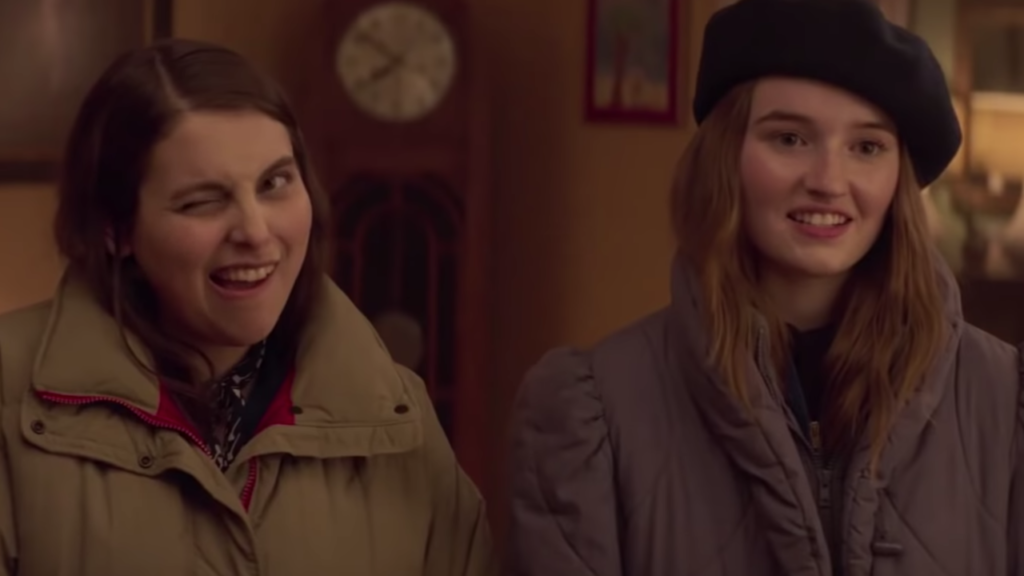
The shorthand of ”Superbad, but with girls” is both accurate and misleading. The premise is similar as two best friends decide to cap off their high school experience by attending a raging party the night before graduation, but debut director Olivia Wilde adds extra dimension to the characters. The kids that party also have good grades and were accepted into top schools and seemingly shallow roles have unexpected depth to them. The film is also filled with hilarious diversions en route to the final destination, but its success stems from the genuine affection between two lifelong friends.
Honeyland
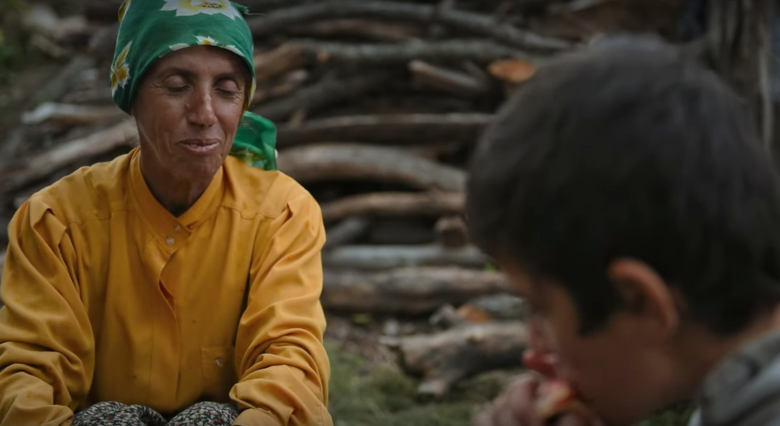
A documentary following a solitary bee-keeper in a remote part of Northern Macedonia is not exactly an easy sell, but directors Tamara Kotevska and Ljubomir Stefanov have mined a plethora of topics from this obscure premise. The film uses the life of Hatidže, its humble lead, to tackle a wide variety of topics ranging from natural resource usage to the brutal effect of capitalism to life regrets. Her modest existence carries unexpected emotional resonance in this empathetic study.
In the Aisles
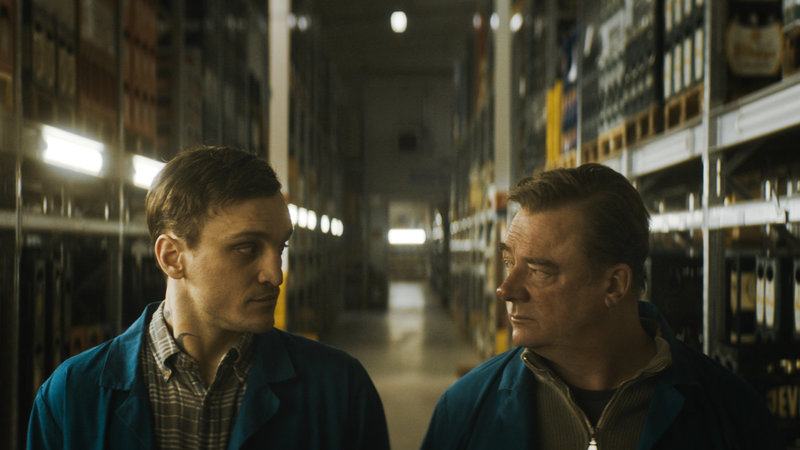
In the Aisles is another movie that would be difficult to pitch to financiers. The story follows a man who gets a job stocking shelves at a warehouse store on the night shift. Franz Rogowski plays the lead in this gentle tale. He is a man looking for stability in his life. Both he and the film find the comfort and beauty in what many would consider mundane. The expansive store and the community of workers within it lead to comradery and potential romance. Director Thomas Stuber approaches the story with tender respect for the humble lives and their modest desires. It’s a sensitive, affecting film that, in its romantic moments, is almost like a German In the Mood for Love.
Ad Astra
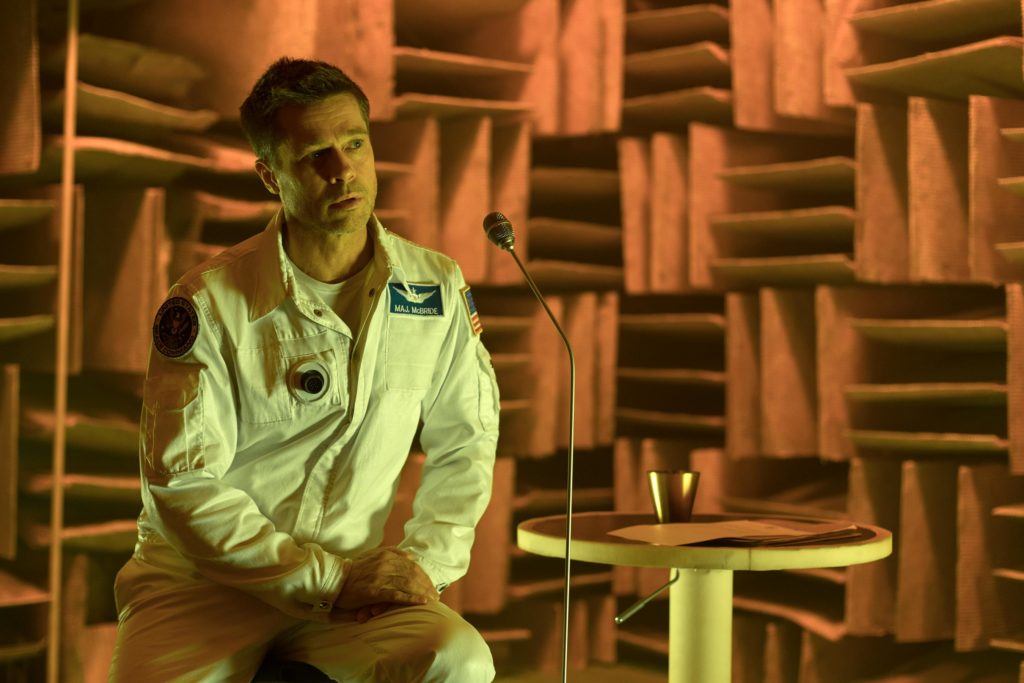
Ad Astra is sci-fi film that focuses on inner emotions. Brad Pitt plays an astronaut heralded for his ability to stay calm under pressure that is asked to take a secret voyage to find the source of dangerous solar flares affecting life on Earth. Director James Gray creates an uniquely mundane vision of space travel. In his world, interplanetary flight has become routine, like the coach class ticket of future. Space stations on the moon are closer to subway stations than anything else and this approach grounds the film, allowing it to focus on its lead’s thoughts rather than the technology at hand. The reliance on voiceover and slower pacing may be off-putting to some, but Gray has used the outer space setting to explore the inner self and the conflict caused by the ideals of heroism, while still sprinkling in a few exhilarating set pieces.
The Nightingale
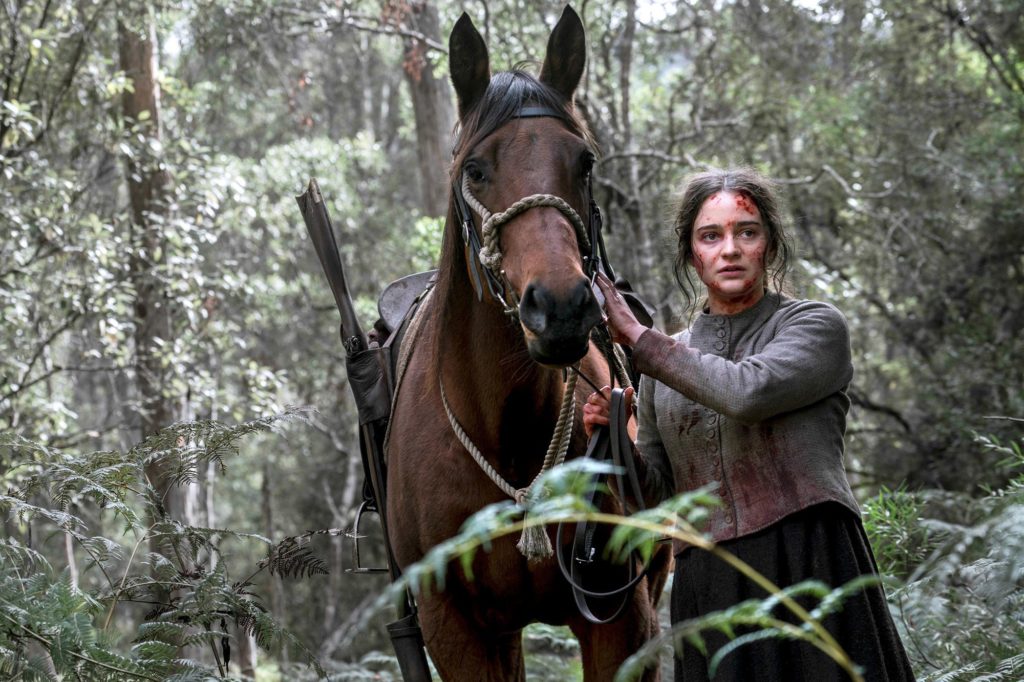
This film is not an easy watch due to the objectionable content on display. It is a revenge story of a female convict in Tasmania that enlists an aboriginal man to help her track down the men who acted against her. The film takes an unflinching look at injustices faced by its characters, forcing the viewer to not only sympathize, but to even experience the atrocities from their perspectives.
The Farewell

The Farewell is a stranger-than-fiction, but apparently not uncommon, story of a family that refuses to tell their grandmother that she is dying of cancer. Director Lulu Wang uses her personal experiences to base this story in difficult emotions. The film touches on the differences between Eastern and Western mentalities, the obligations we have to our loved ones, and is surprisingly funny with a subdued, but sarcastic performance from Awkwafina.


